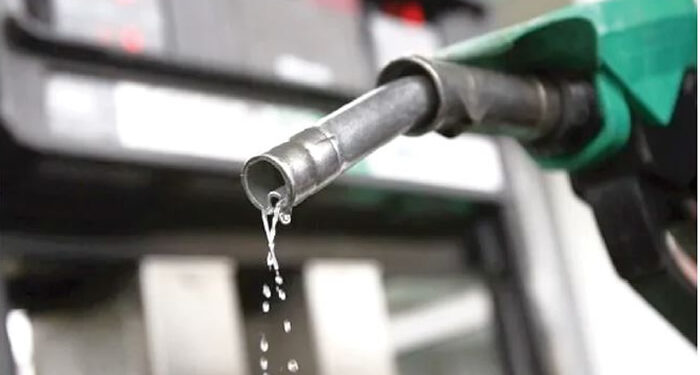The Minister of Information and National Orientation, Mohammed Idris, revealed on Wednesday that the importation of Premium Motor Spirit (PMS), commonly known as petrol, into Nigeria has decreased by 50% since the removal of the fuel subsidy. President Bola Tinubu announced the removal of the subsidy during his inaugural speech on May 29, 2023, resulting in an immediate withdrawal of the subsidy by the Nigerian National Petroleum Company Limited (NNPCL).
Following the subsidy removal, the price of petrol surged from about N198/litre to over N500/litre and later increased to over N600/litre. Currently, it sells for between N620/litre and N700/litre, depending on the location of purchase. The information minister, speaking at a press briefing, stated that the reduction in petrol imports was a positive outcome of the subsidy removal.
Before the removal of the subsidy, Mele Kyari, the Group Chief Executive Officer of NNPCL, revealed that Nigeria was consuming about 66 million litres of PMS daily, with over N400 billion spent monthly on subsidizing PMS. The NNPCL is the sole importer of petrol in Nigeria.
If the latest claim by the information minister is accurate, it implies a reduction of about 33 million litres in daily petrol imports, saving the country about N19.3 billion daily and N579.1 billion monthly due to the removal of the subsidy.
Oil marketers have confirmed a drastic reduction in petrol consumption, leading to the closure of filling stations and financial struggles for marketers. The National President of the Natural Oil and Gas Suppliers Association of Nigeria, Bennet Korie, mentioned that the consumption of petrol had reached its lowest level ever, and many oil traders were out of business.
In a related development, the African Export-Import Bank (Afreximbank) disclosed that it had become the largest financier of oil and gas projects in Africa, investing $30 billion in industry projects. Nigeria received 60% ($18 billion) of this funding despite reduced global funding for hydrocarbon ventures in Africa.
The information minister also highlighted other economic achievements, including a 3.46% growth in Nigeria’s Gross Domestic Product (GDP) in the fourth quarter of 2023 and a 66% increase in capital importation during the same period. The Nigerian Stock Exchange All Share Index crossed the 100,000 mark, reaching its highest level ever. Additionally, the government is working on a Social Security Unemployment Programme and a Social Consumer Credit Scheme to address economic challenges and support Nigerians during the transition period.
























